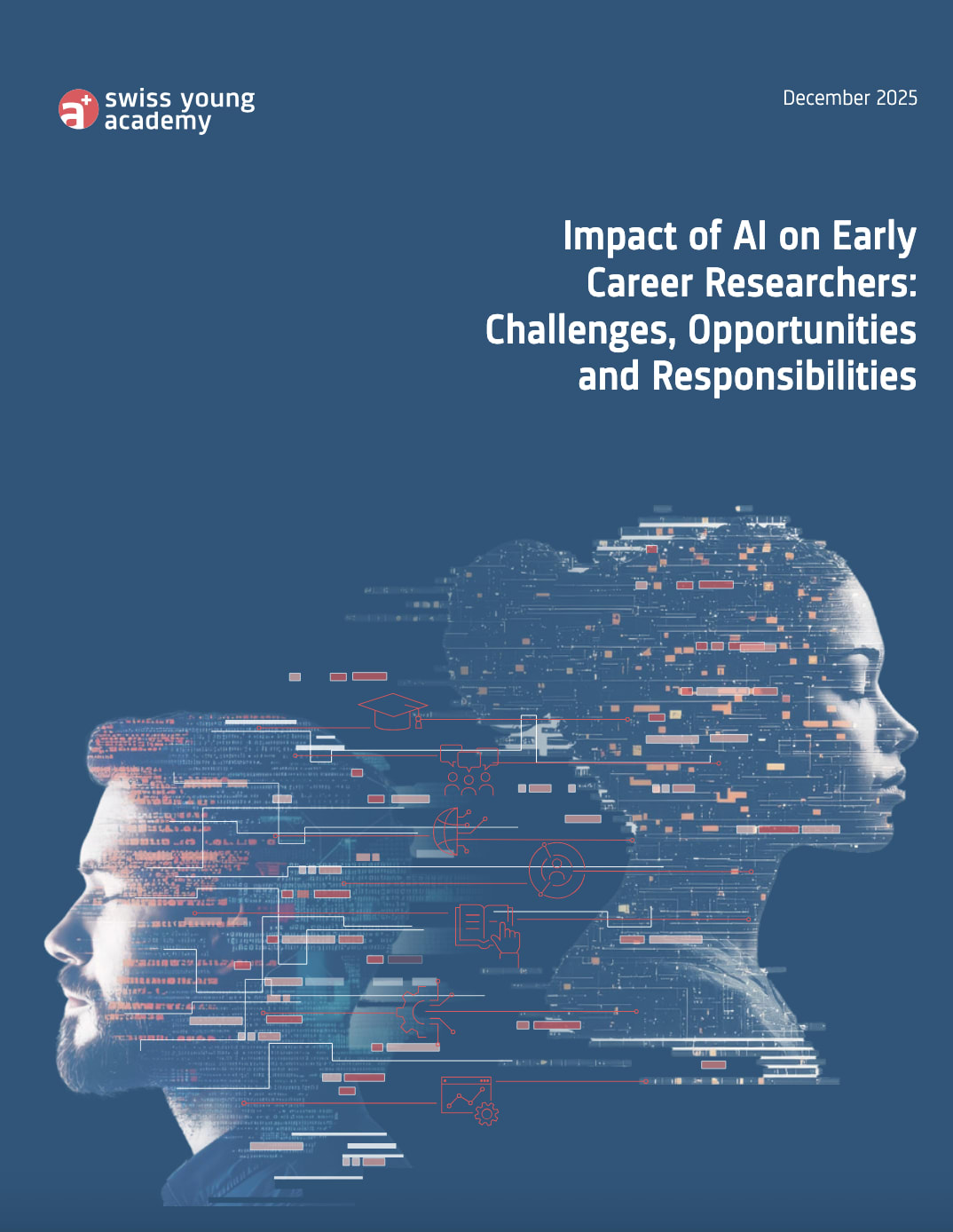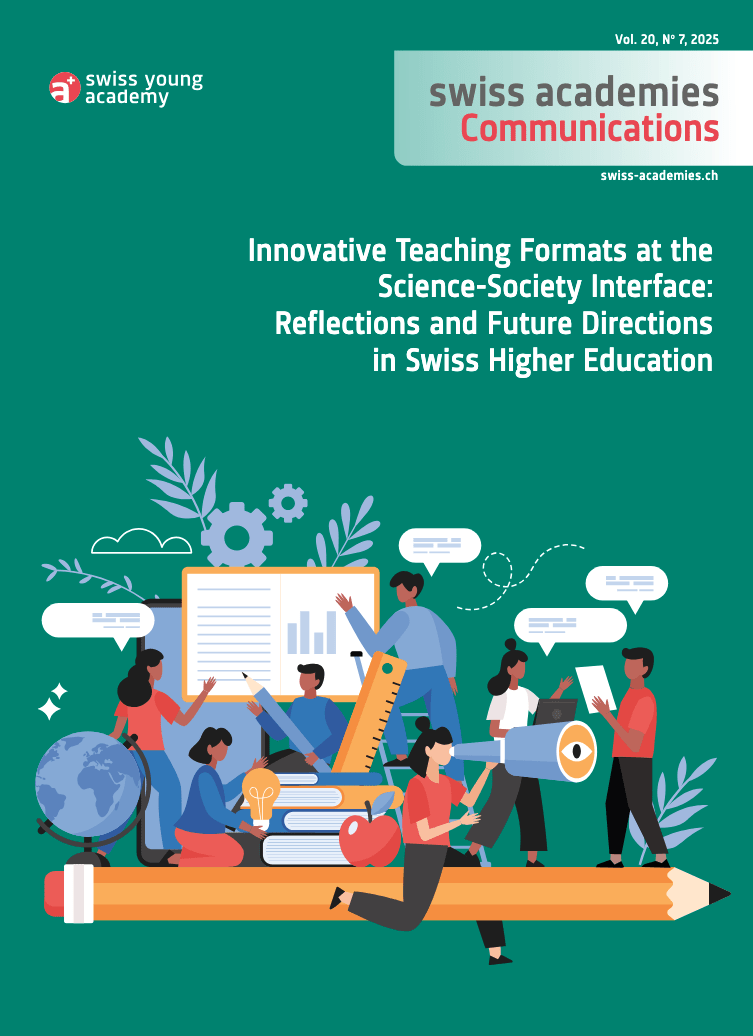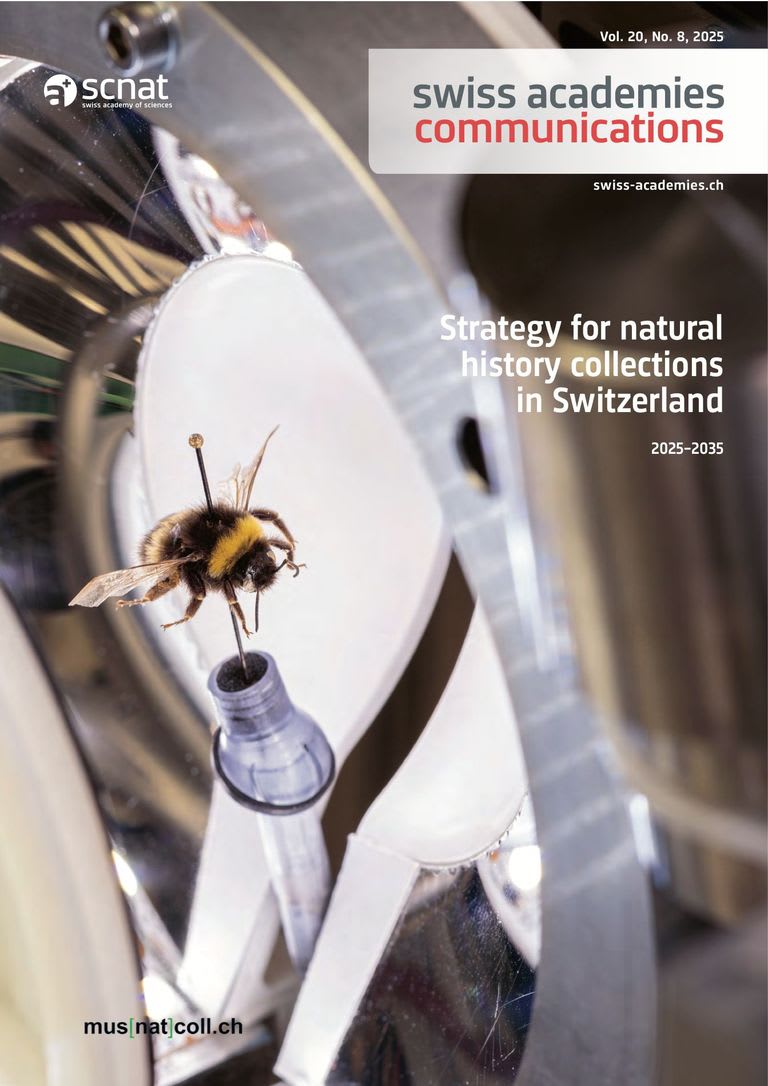Swiss Academy of Humanities and Social Sciences SAHS
Deutsch undeutlich - Begriffsreise durch das Schweizerdeutsche
SWISS ACADEMIES REPORTS, VOL. 14, NO 1, 2019
Wenn man von «Deutsch» spricht ist nicht immer dasselbe Deutsch gemeint. Bei genauerem Hinsehen wird das, was von aussen manchmal «deutsch und deutlich» aussieht, immer undeutlicher. Dies gilt gerade für die Schweiz, wo verschiedene Varianten der deutschen Sprache in Gebrauch sind und wo Sprachenfragen seit jeher mit Vehemenz diskutiert werden.
Der Sprachwissenschaftler Daniel Elmiger bietet mit «Deutsch undeutlich» eine Begriffsreise durch die vielfältige Schweizerdeutsche Sprachlandschaft in Form eines Glossars. Es umfasst die wichtigsten Bezeichnungen für das Deutsche. Insgesamt sind es über 80 Einträge, die jeweils etymologisch gedeutet, definiert und erklärt werden: von Aargauerdeutsch bis Denglisch, von Gäggelideutsch, Jenisch, Jiddisch und Kuhdeutsch bis Walser-, Zuger- und Zürichdeutsch.
Elmiger, Daniel (2019) Deutsch undeutlich. Eine Begriffsreise durch die vielfältige deutsche Sprache in der Schweiz. Schwerpunktreihe Sprachen und Kulturen. Swiss Academies Reports 14 (1).




